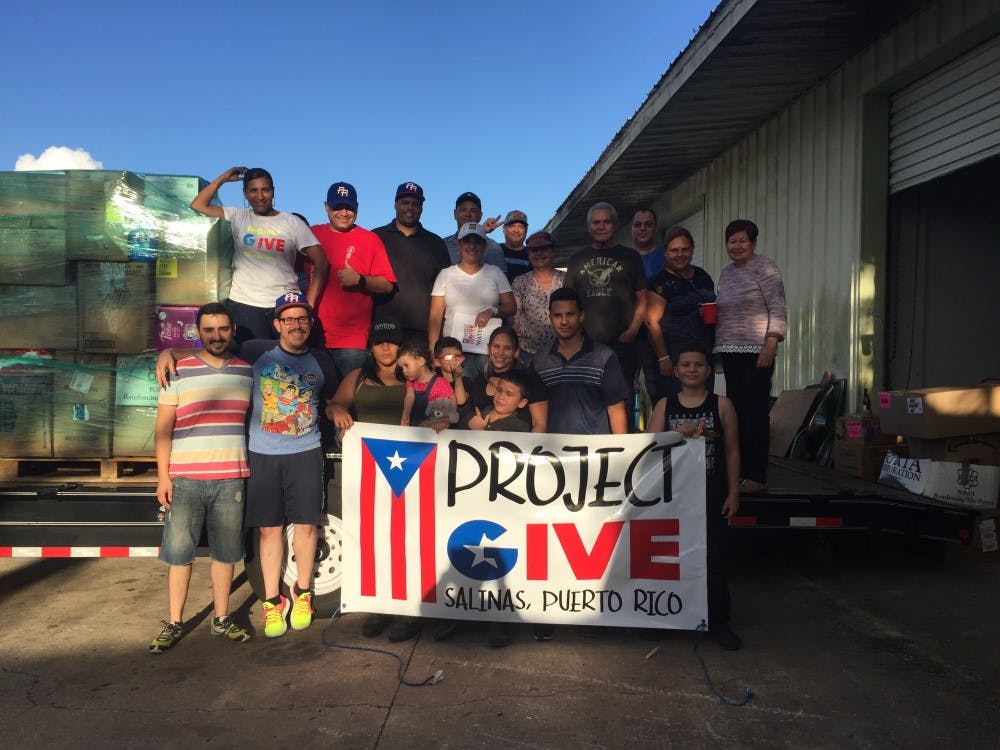As the rest of the country moves on from the ravages, Puerto Ricans living abroad find themselves firmly settling into a painful new reality.
Brenda Quiñones-Ayala, a UNC doctoral candidate in the Department of Romance Studies, expressed the anxiety of her community.
“Being here in the States, you feel powerless," Quiñones-Ayala said. "You feel sad looking at the images, and it really affects you."
Despite their steadfast efforts, she said it's obvious to students and faculty that their help alone is not adequate. Quiñones-Ayala believes that recovery planning does not take into account the long-term impacts of the disaster.
“The fact that right now people are exiting the country will have a long-term impact on the economy,” she said. “And that needs to be factored into the funding that is assigned to the country. You can not only think about the immediate.”
Furthermore, she believes the aftermath of the hurricane is highlighting deeper issues that reflect the relationship between the U.S. and Puerto Rico.
“Let me clarify something: there is an inherent right for help. It’s not charity,” Quiñones-Ayala said. “Being citizens gives us obligations.”
Lorna Avilés, an assistant Spanish professor, emphasized the idea of making direct impact in small communities in Puerto Rico. She said it’s often difficult to see results through the work of big organizations.
“We actually want to connect with specific organizations on the ground that we know are directly doing work at places where we want to reach out,” Avilés said.




